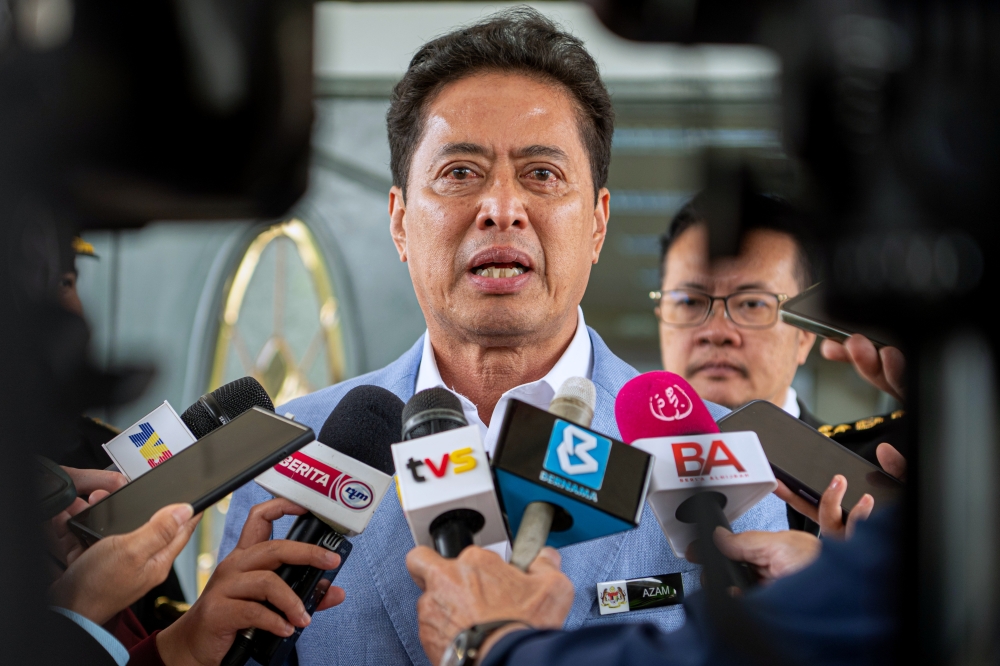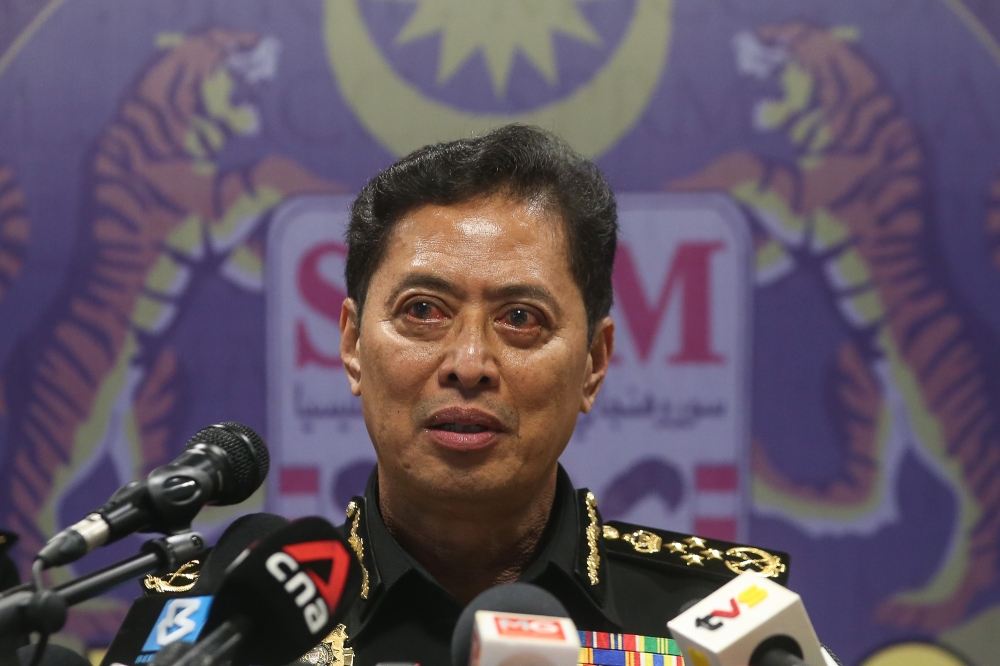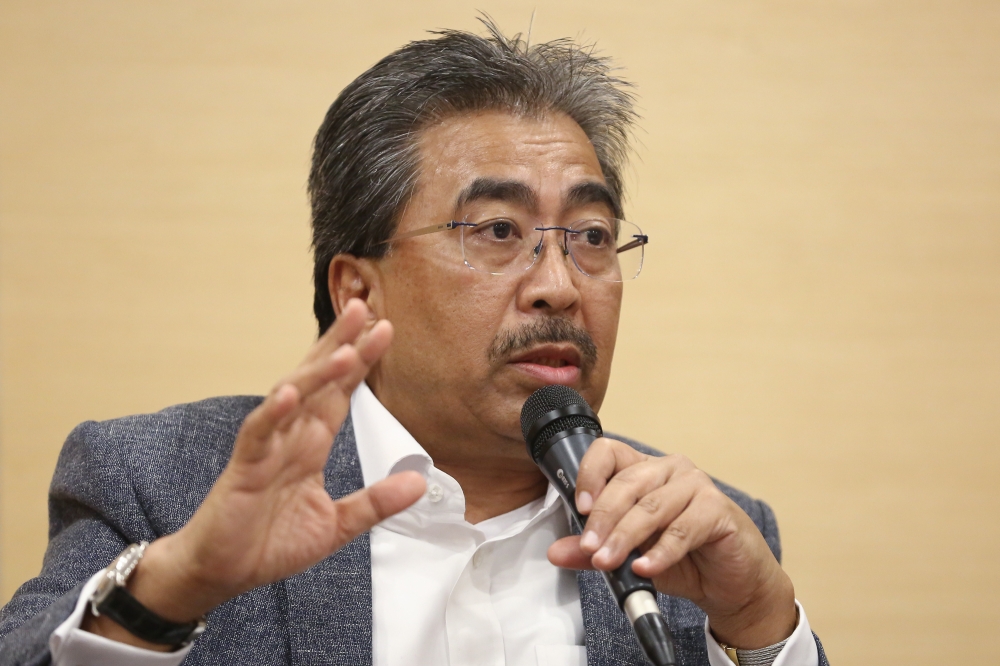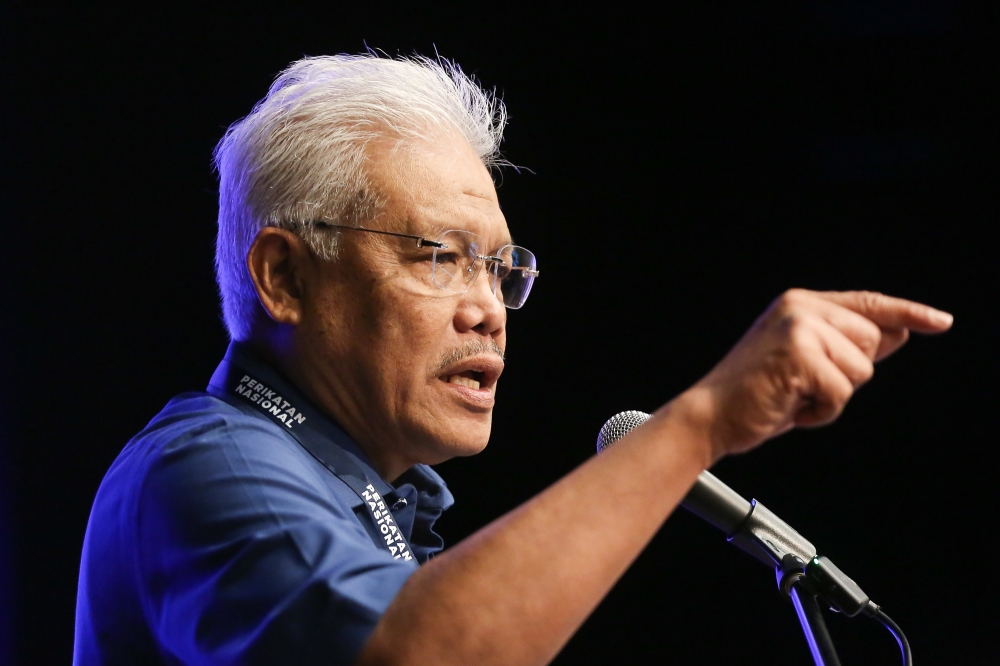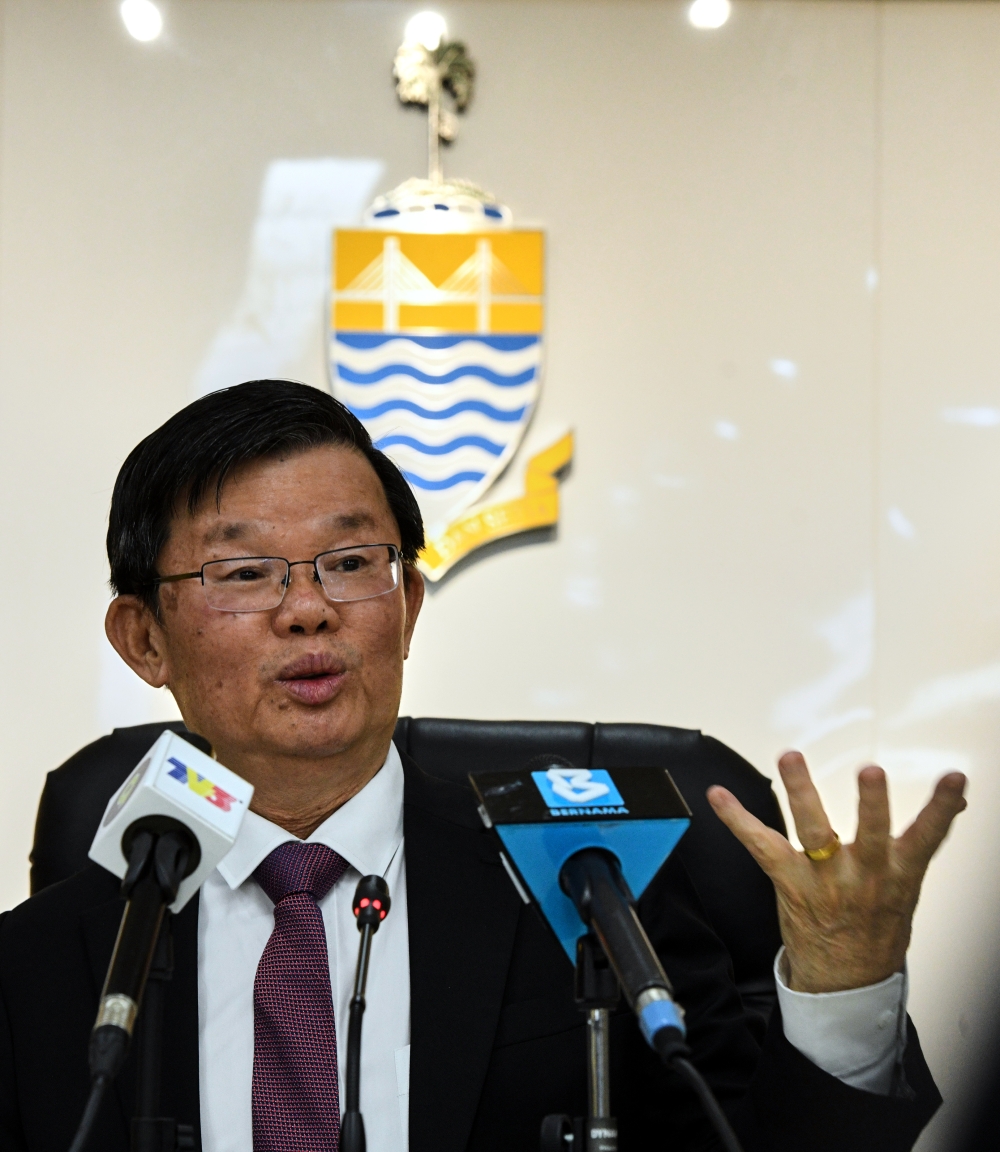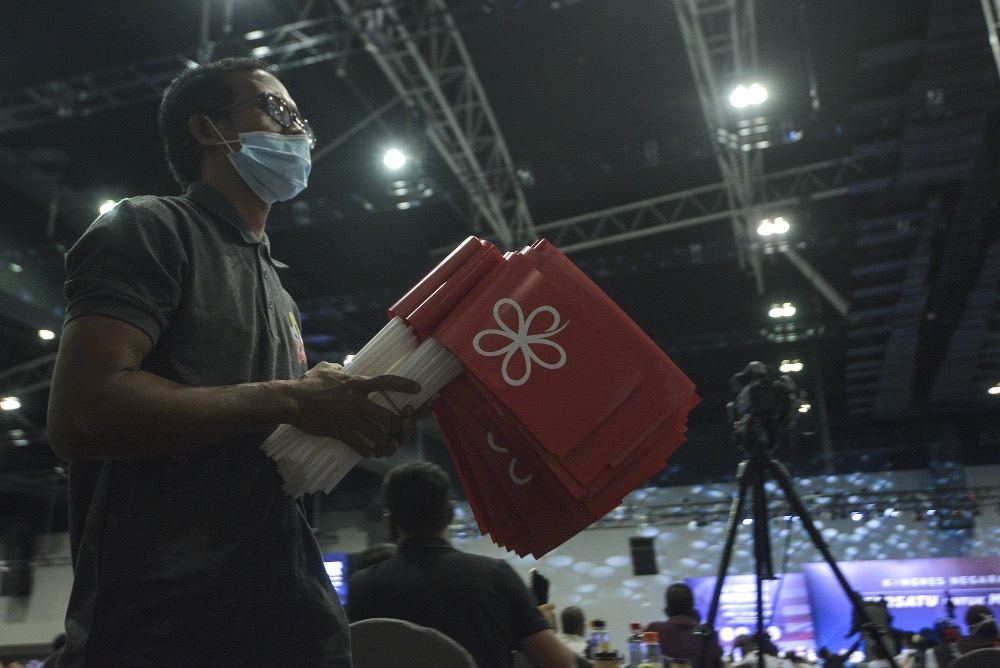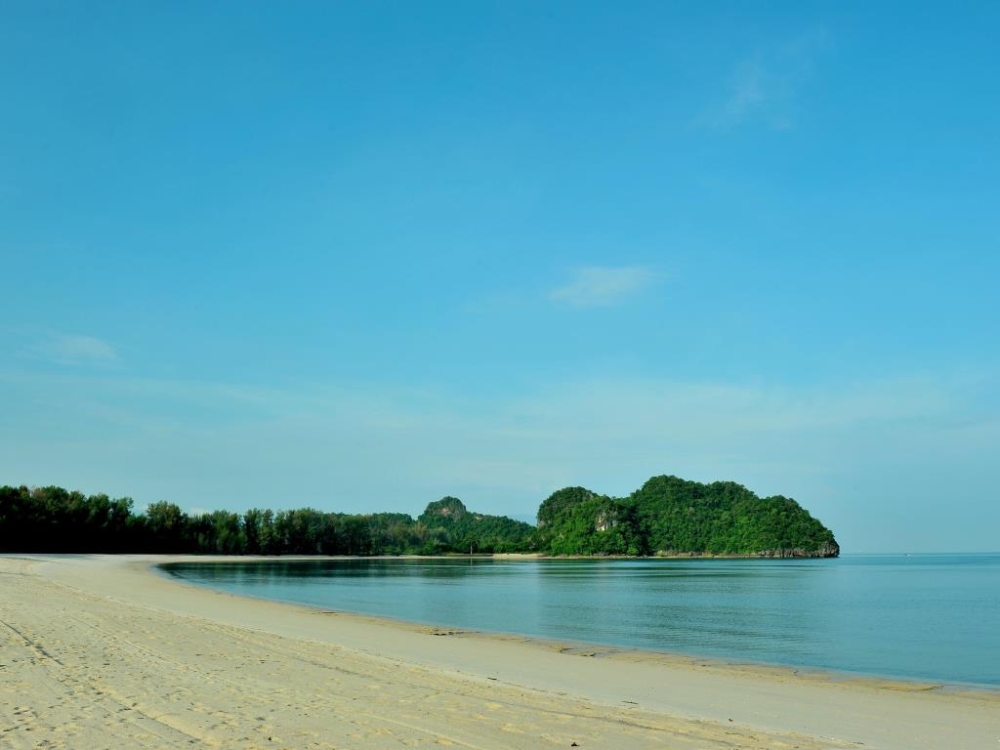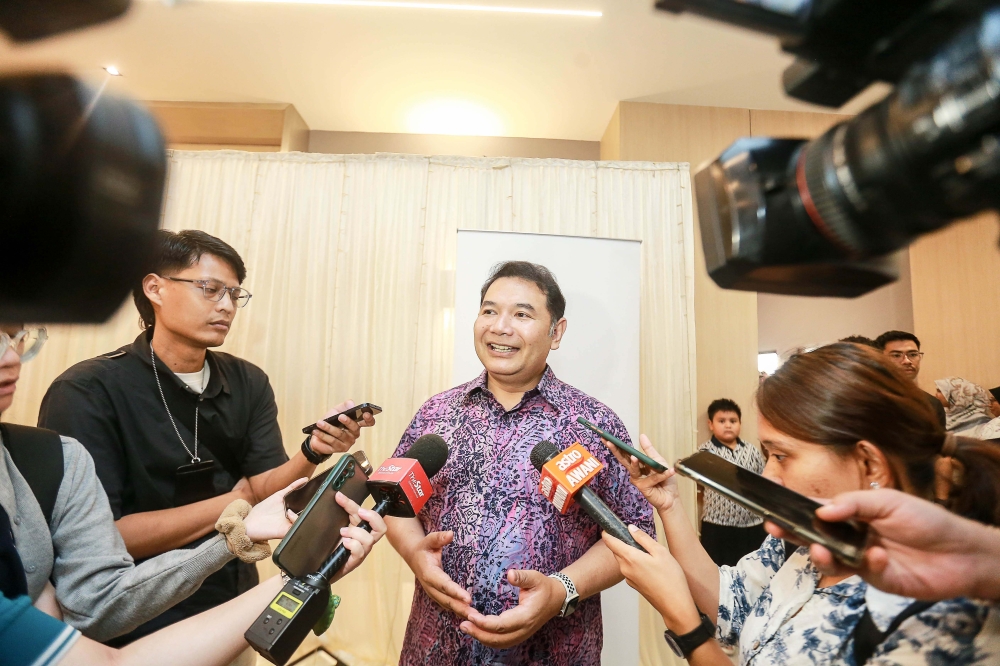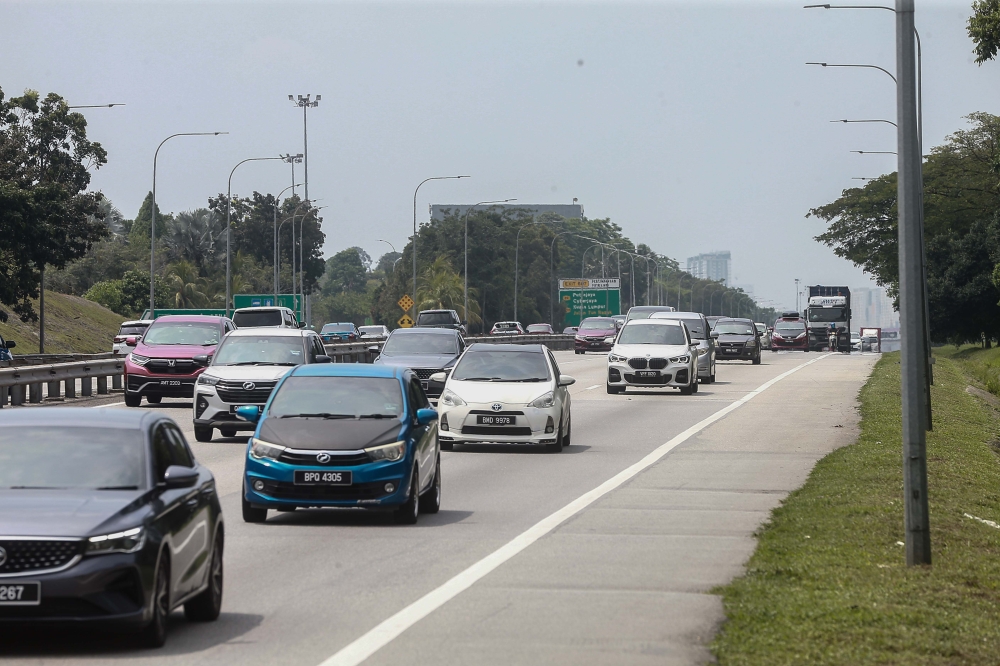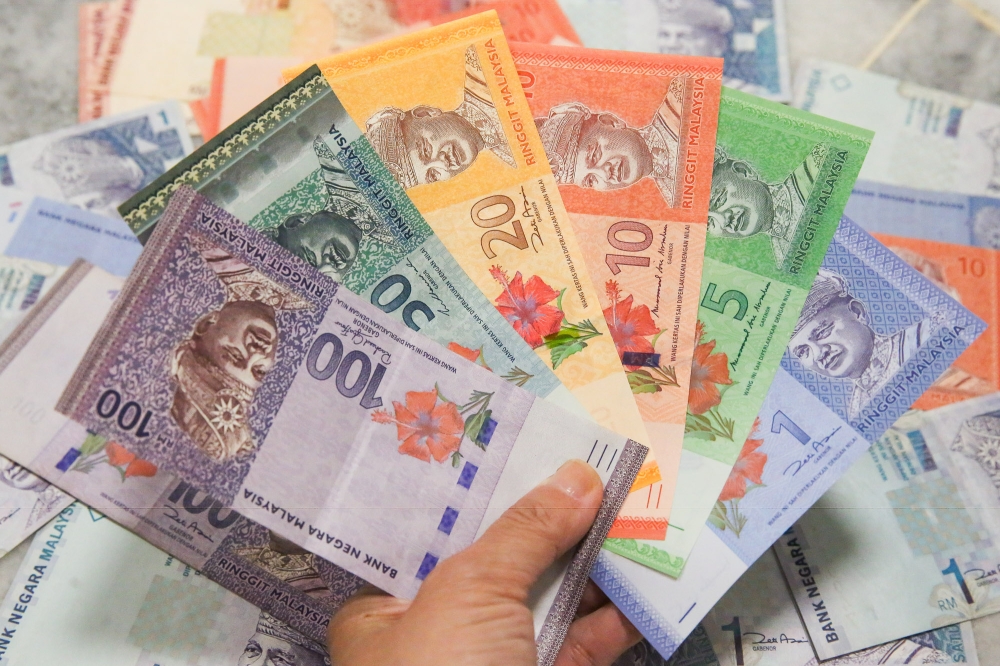PORT KLANG, March 7 — Malaysia is set to become the storage and distribution hub of liquefied petroleum gas (LPG) and liquefied natural gas (LNG) in the region within the next three years, Deputy Transport Minister Datuk Kamarudin Jaffar said.
He said the hub was being developed in collaboration with Singapore’s Global Petro Storage Group (GPS) and Norway’s Equinor, both of whom were global players in the industry.
The two projects, which entail foreign investments of approximately US$300 million (RM1.2 billion), would provide long-term benefits to the country, he added.
“Previously, there was no specific location for storage of LPG tanks. The storage is different from that of petroleum as it needs to be cooled. The GPS Refrigerated LPG Terminal Project is sophisticated as it will be equipped with high security features.
“With the development of these two projects (LPG and LNG storage facilities), they will not only meet local demand, but can also be distributed to countries in the region like Myanmar and Bangladesh,” he told reporters after launching the projects at Westports Dry Bulk Terminal 2 here, today.
The seven-hectare LPG storage facility involving US$100 million in foreign investment will begin this month and is expected to be completed within two years, with the capacity of storing about 134,000 cubic metres of gas.
The six-hectare LNG storage facility involving US$200 million in foreign investment is scheduled to be built in the middle of this year and is expected to be completed by 2022. However, its storage capacity is still being discussed with the parties involved, possibly in the range of between 160,000 and 200,000 cubic metres.
Earlier in his speech, Kamarudin described the construction of the LPG and LNG hub as a strategic asset to the country as it would ensure the availability of such fuel supply for consumers in Peninsular Malaysia.
“Malaysia produces LPG from the country’s gas processing plants and petroleum refineries but is still short of its demand, thus, it imports about 16 per cent of its requirement. This project is a step change in improving LPG supply efficiency, reliability and security.
“With growing natural gas demand of more than 5.0 per cent per year, with depleting indigenous gas reserves, and with government promotion to use cleaner fuels, the gas infrastructure in Peninsular Malaysia will need to have sufficient back-up and alternatives.
“This LNG terminal will provide security of supply to constrain gas infrastructure in Malaysia,” he said. — Bernama



